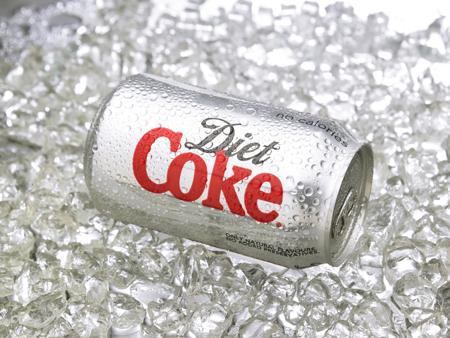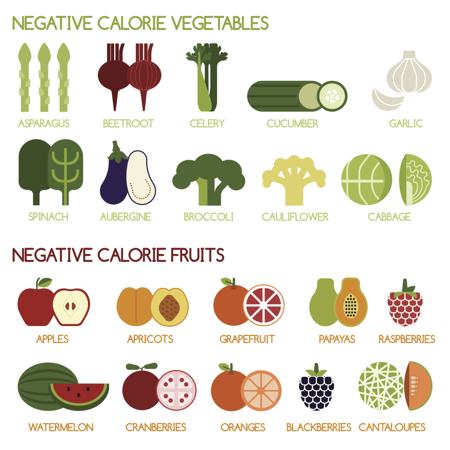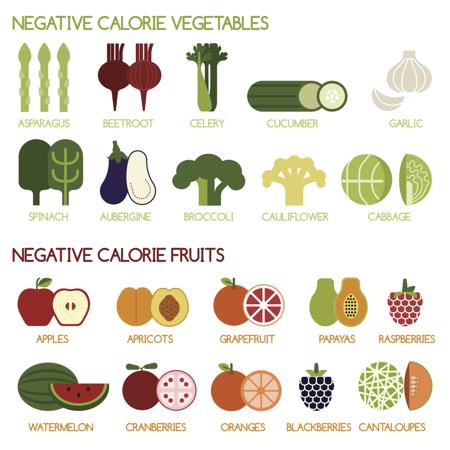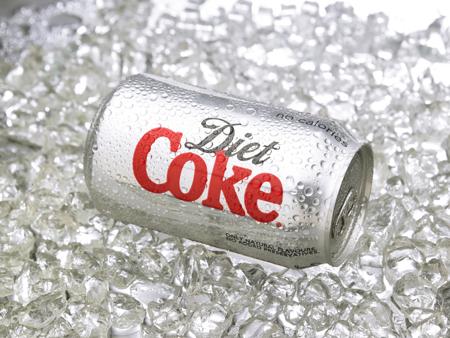Low Oxalate Diet: Overview, Food Lists, and How It Works
Overview
A low oxalate diet limits foods high in oxalates, naturally occurring compounds found in various plants. Some individuals may be more susceptible to oxalate-related issues, such as kidney stones or joint pain. By following a low oxalate diet, they may experience relief from these symptoms. While some foods are higher in oxalates than others, complete avoidance may be unnecessary for most people. Nonetheless, discussing with a healthcare professional is recommended before making significant changes to your diet.
Foods to Limit or Avoid
High Oxalate Foods:
* Spinach
* Rhubarb
* Sorrel
* Beets
* Swiss chard
* Okra
* Nuts (almonds, cashews, peanuts)
* Seeds (flax, poppy, sesame, sunflower)
* Chocolate
* Black tea
* Sweet potatoes
Moderate Oxalate Foods:
* Broccoli
* Brussels sprouts
* Kale
* Leeks
* Asparagus
* Celery
* Green beans
* Grapes
* Raspberries
* Strawberries
* Apples
* Pears
Foods Generally Low in Oxalates:
* Meats
* Fish
* Eggs
* Dairy products (milk, yogurt, cheese)
* Most grains
* White rice
* Quinoa
How It Works
Oxalate is a natural byproduct of plant metabolism. It is absorbed by the digestive system but poorly excreted by the kidneys. High levels of oxalate in the body can form crystals in the urine (kidney stones) and joints (joint pain). A low oxalate diet reduces oxalate intake, thereby lowering the risk of these issues.
Additional Tips
* Adequate Calcium: Calcium binds to oxalate in the digestive system, preventing its absorption. Ensure a daily intake of calcium-rich foods like dairy, fortified plant-based milks, and dark leafy greens.
* Hydration: Drinking plenty of fluids (especially water) helps flush out oxalates from the kidneys and reduces the risk of stone formation.
* Timing of Food Intake: Spreading out high oxalate foods throughout the day can lessen their impact on oxalate levels in the body. Avoiding them with meals containing calcium-rich foods may further help in preventing oxalate absorption.
Who Should Consider a Low Oxalate Diet?
* Individuals with kidney stones or who are prone to developing them
* Those experiencing joint pain or discomfort related to oxalate deposits in the joints
* People with certain medical conditions like hyperthyroidism, malabsorption, or inflammatory bowel disease
It's important to note that while a low oxalate diet can be beneficial for certain individuals, it may not be necessary or suitable for everyone. Consulting with a healthcare professional or a registered dietitian is crucial before making significant changes to your diet. They can provide personalized advice based on your specific needs and health status.
-
Negative Calorie Diet Soup
In our diet, there are various types of foods such as vegetables, frui
-
Low-carb 1000-calorie Diet
Many people, in the hope of losing weight, follow various kinds of die
-
Low Calorie Drinks to Order at a Bar
The weekend is fast approaching and you definitely need a much deserve
-
Negative-calorie Foods: Is it a Myth or Fact?
Did You Know?Diligently following a very low calorie diet (VLCD) can r
-
1500 Calorie Diet for Women
Losing weight has become one of the major goals for many people. Junk
-
Low-calorie Vegetables and Fruits
Losing weight is one of the most important and discussed topics among



